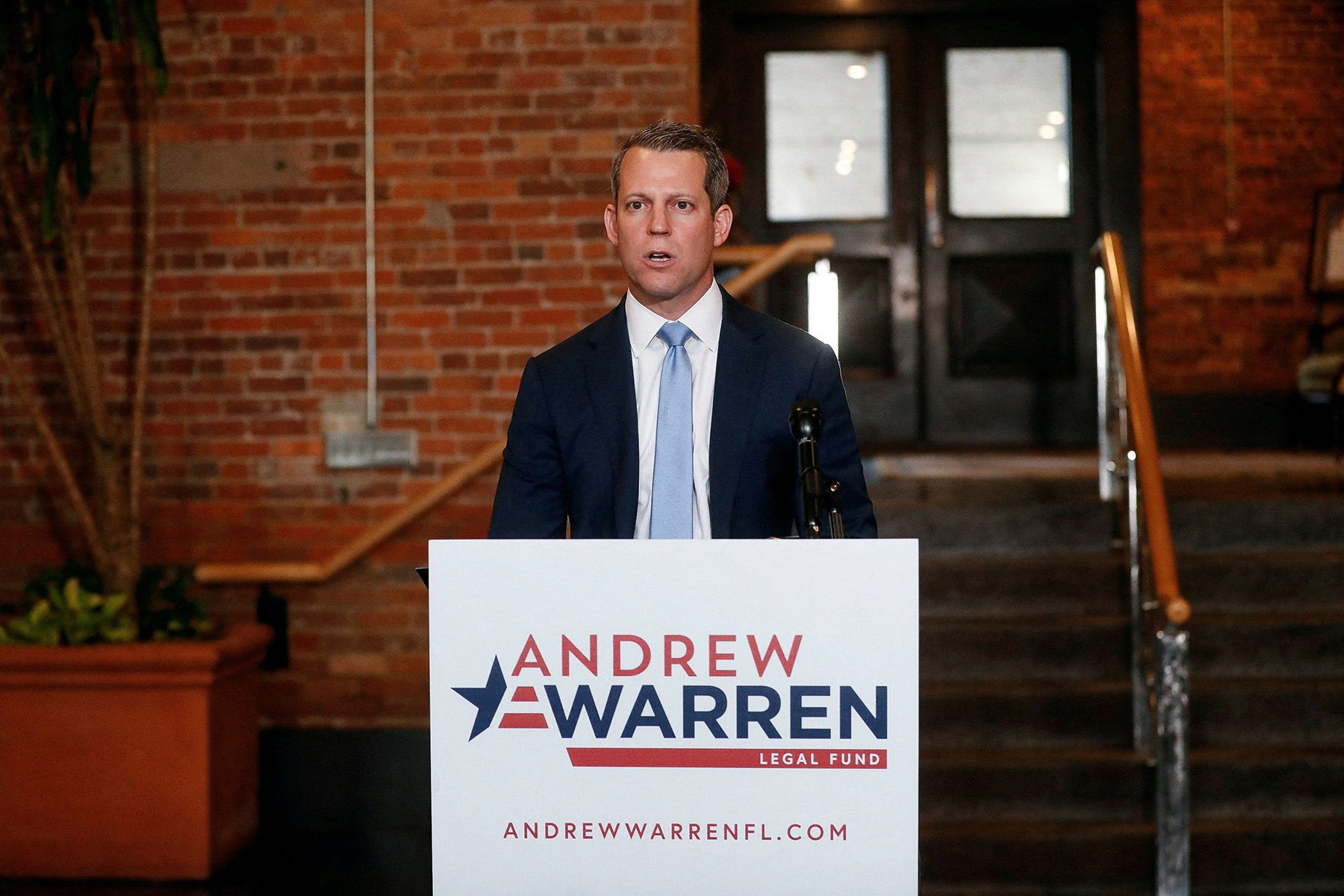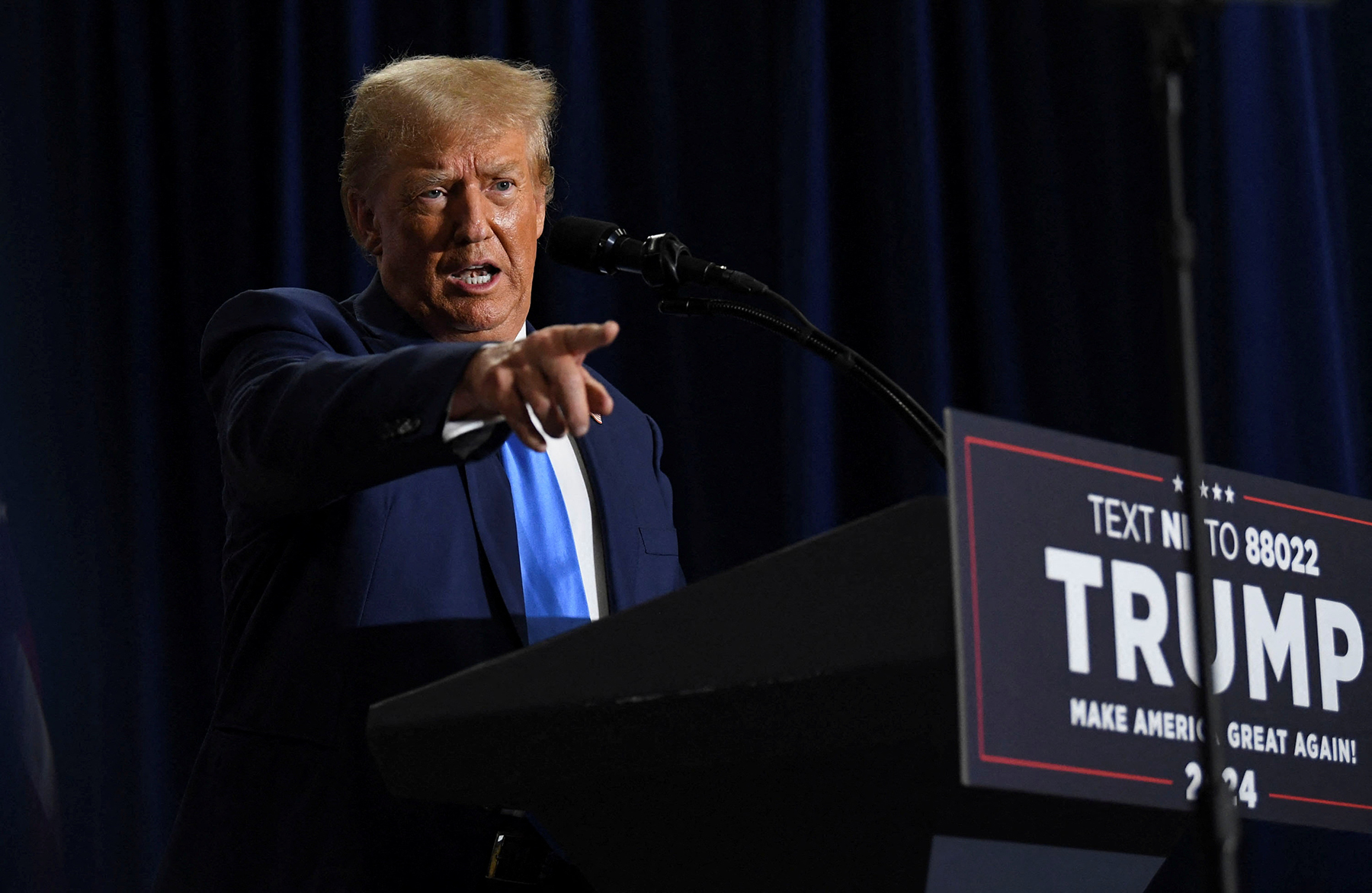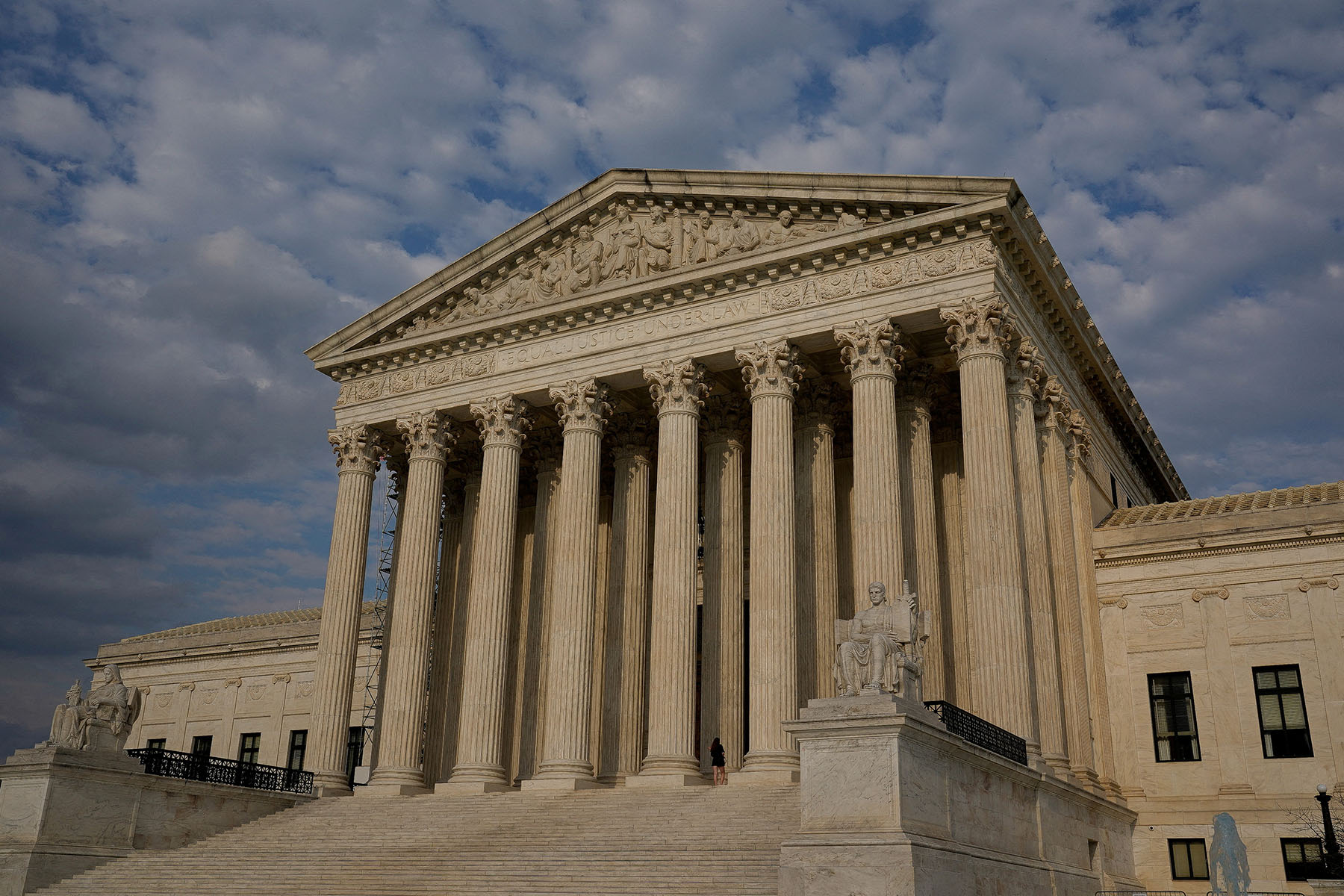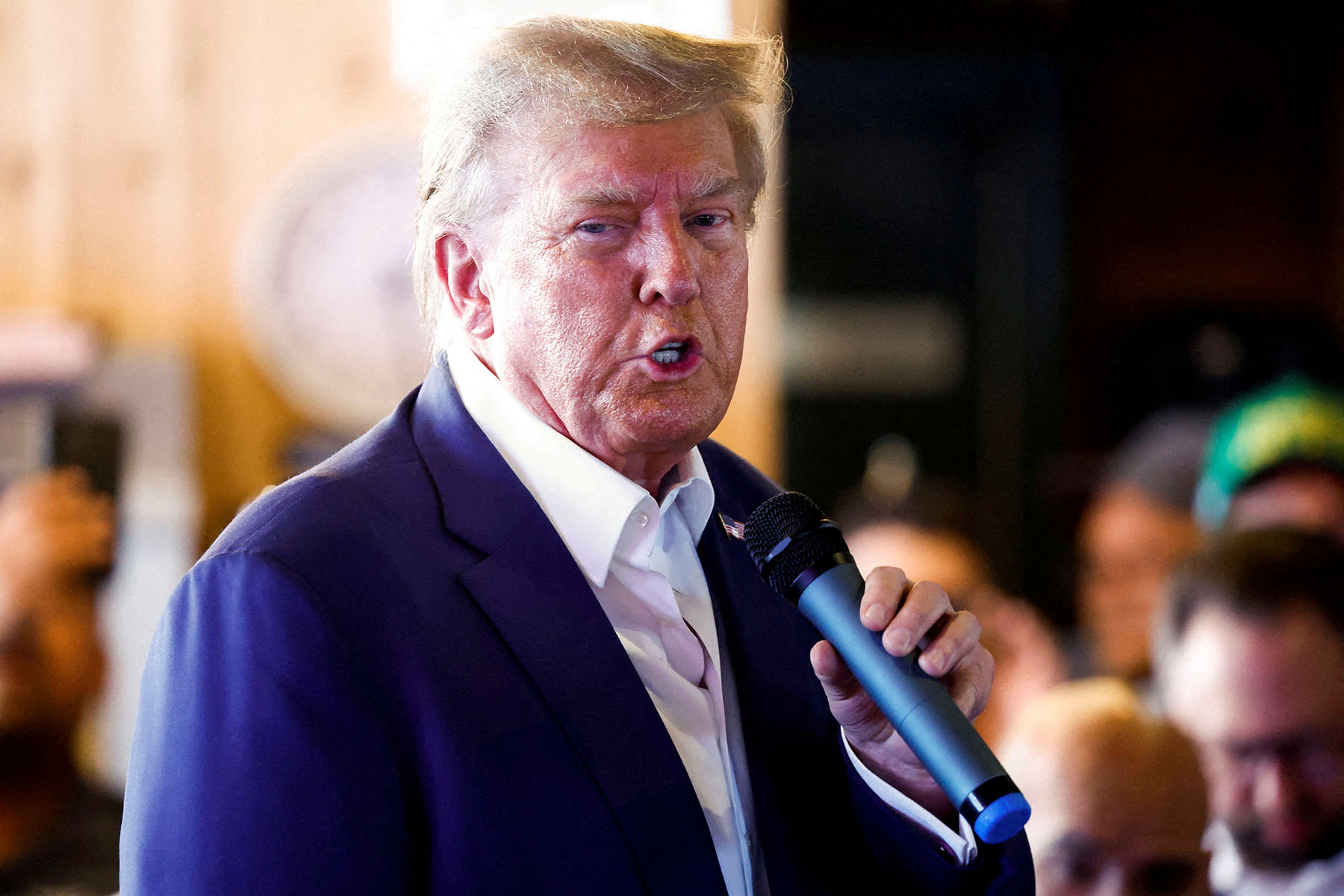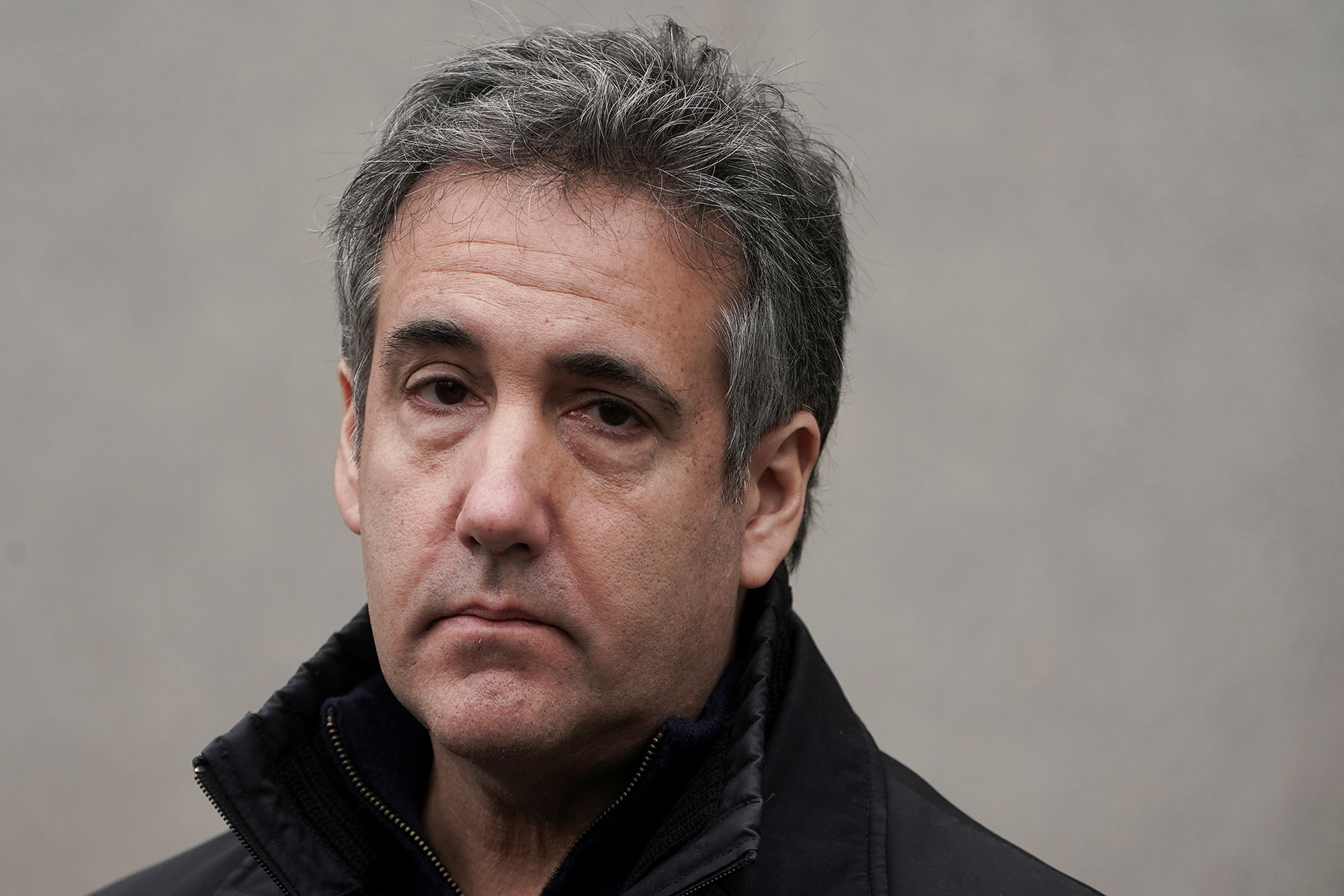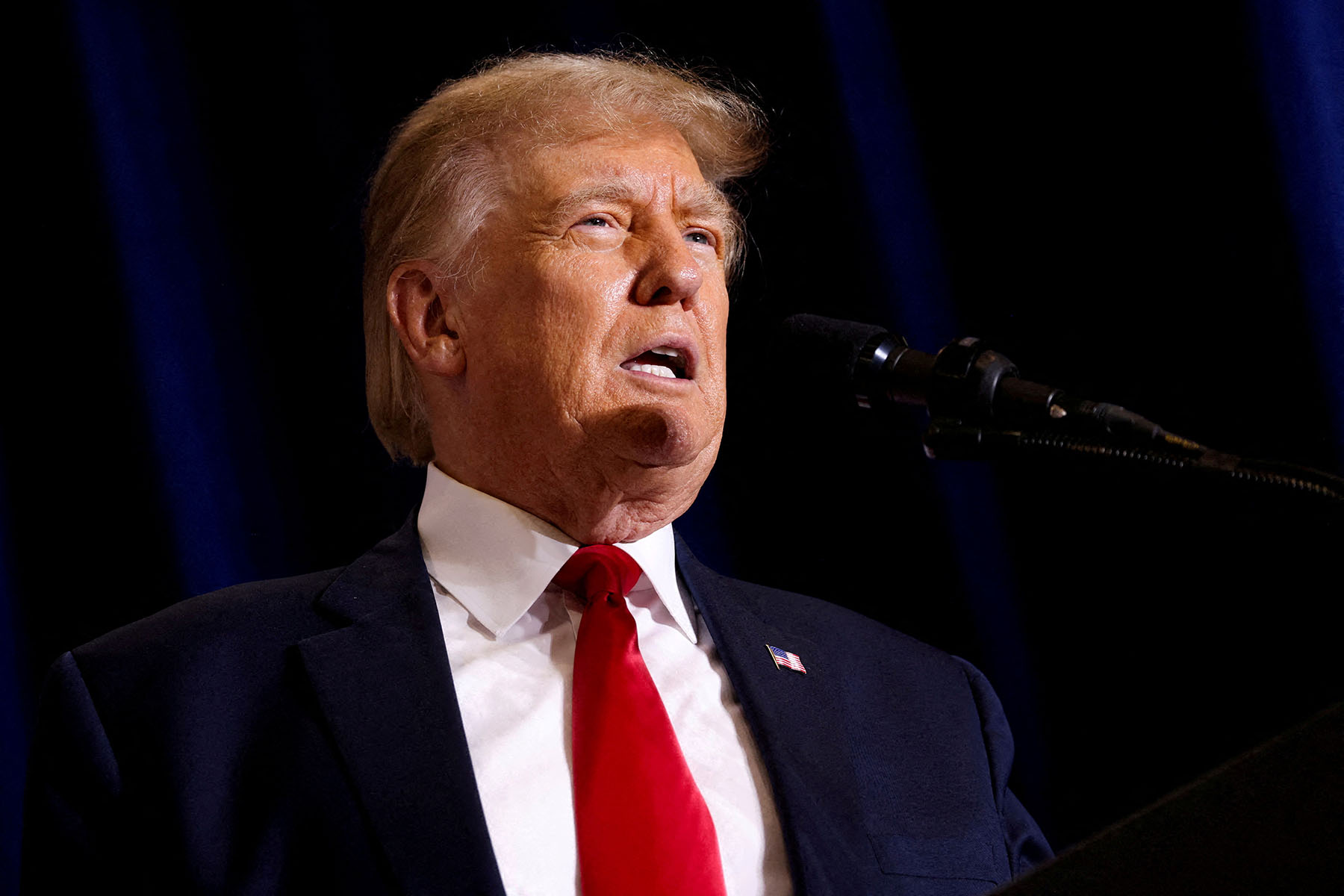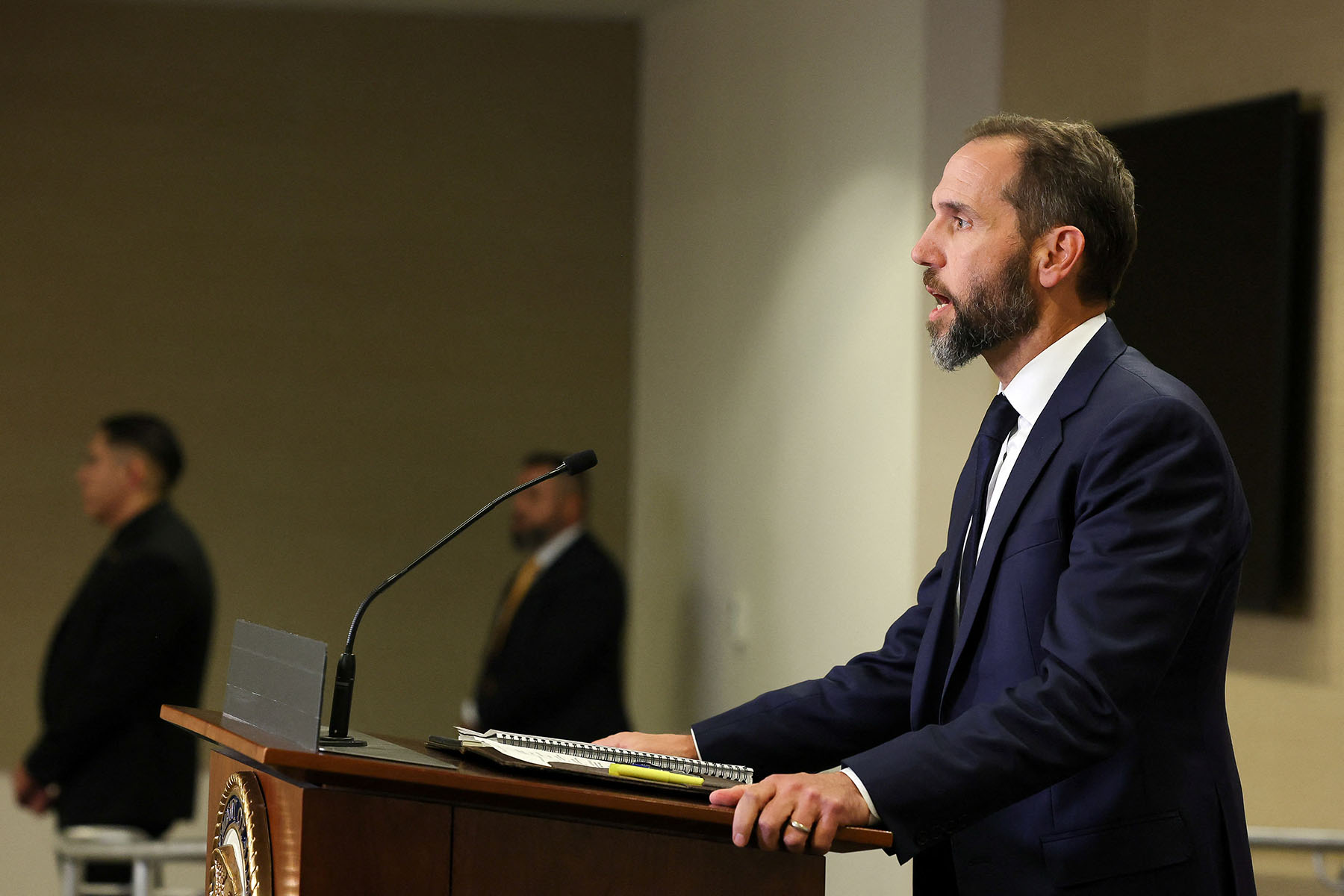Court Sends Case of Prosecutor Suspended by DeSantis Back to Trial Judge
The former prosecutor will get another chance to show his political advocacy was protected by the First Amendment and could not be the basis for his removal.
Massachusetts Voters Become Latest To Try and Keep Trump off Ballot Over Jan. 6 Attack
Officials in Colorado and Maine have already banned Trump’s name from primary election ballots, and the Supreme Court has agreed to take up Trump's appeal.
The Supreme Court Will Decide if Donald Trump Can Be Kept Off 2024 Ballots
The justices acknowledged the need to reach a decision quickly, as voters will soon begin casting presidential primary ballots across the country.
Trump Asks Supreme Court To Overturn Colorado Ruling Barring Him From 2024 Ballot
Trump appealed a 4-3 ruling by the Colorado Supreme Court that marked the first time in history that Section 3 of the 14th Amendment was used to bar a presidential contender from the ballot.
Trump Appeals Maine Ruling Barring Him From Ballot Under Insurrection Clause
Trump’s lawyers contend that the oath for the top office isn’t to “support” the Constitution but instead to “preserve, protect and defend” it.
Michael Cohen Can’t Hold Trump Liable for Retaliatory Imprisonment, Court Says
A three-judge panel concluded Cohen already obtained relief by getting a judge to order his release from imprisonment to home confinement.
Donald Trump Is Expected to Appeal the Colorado and Maine Rulings Banning Him From Primary Ballots
Trump would appeal the Colorado Supreme Court ruling to the U.S. Supreme Court and the decision by Maine’s Democratic secretary of state to that state’s Superior Court.
Prosecutors Seek to Bar Trump From Injecting Politics Into Federal Election Interference Trial
Special counsel Jack Smith office told Judge Tanya Chutkan that Trump’s lawyers should be prevented from “raising irrelevant political issues or arguments in front of the jury."
